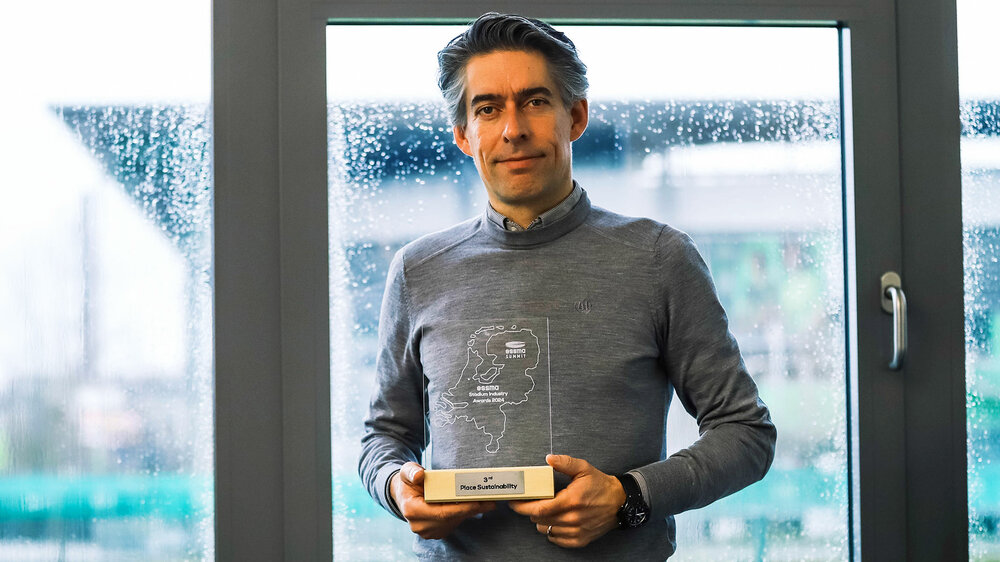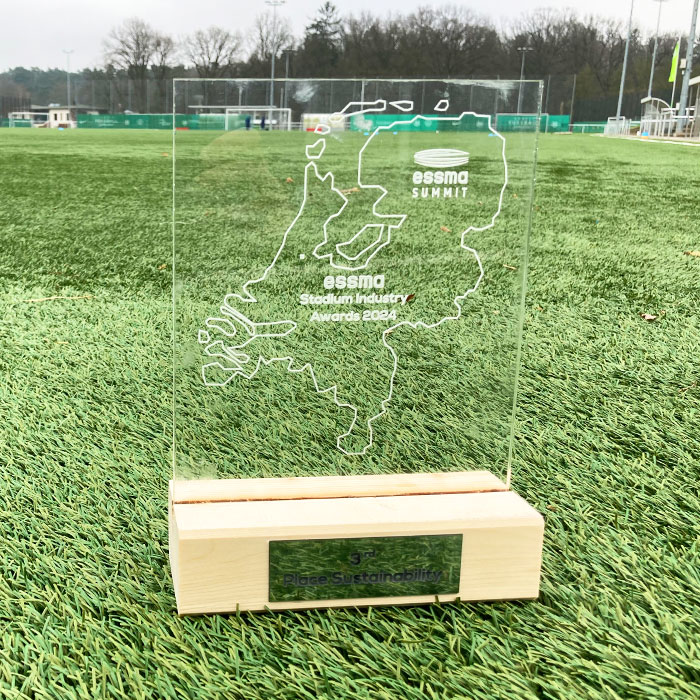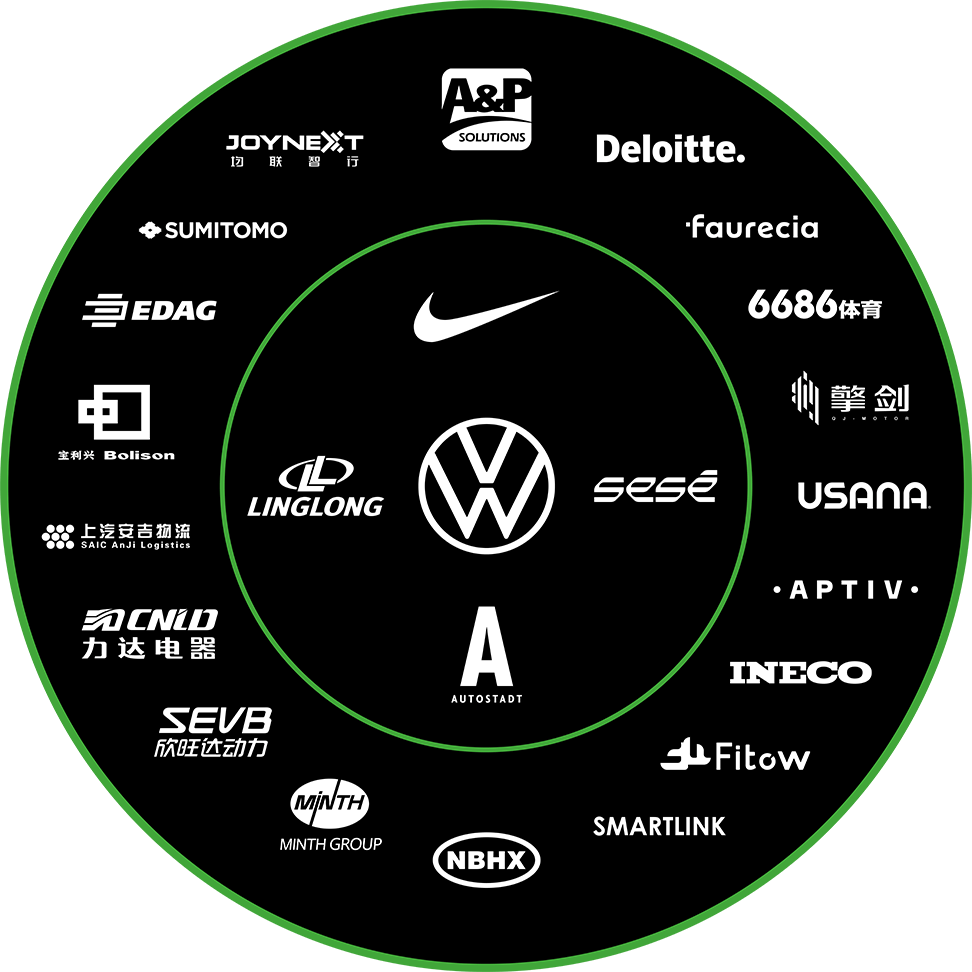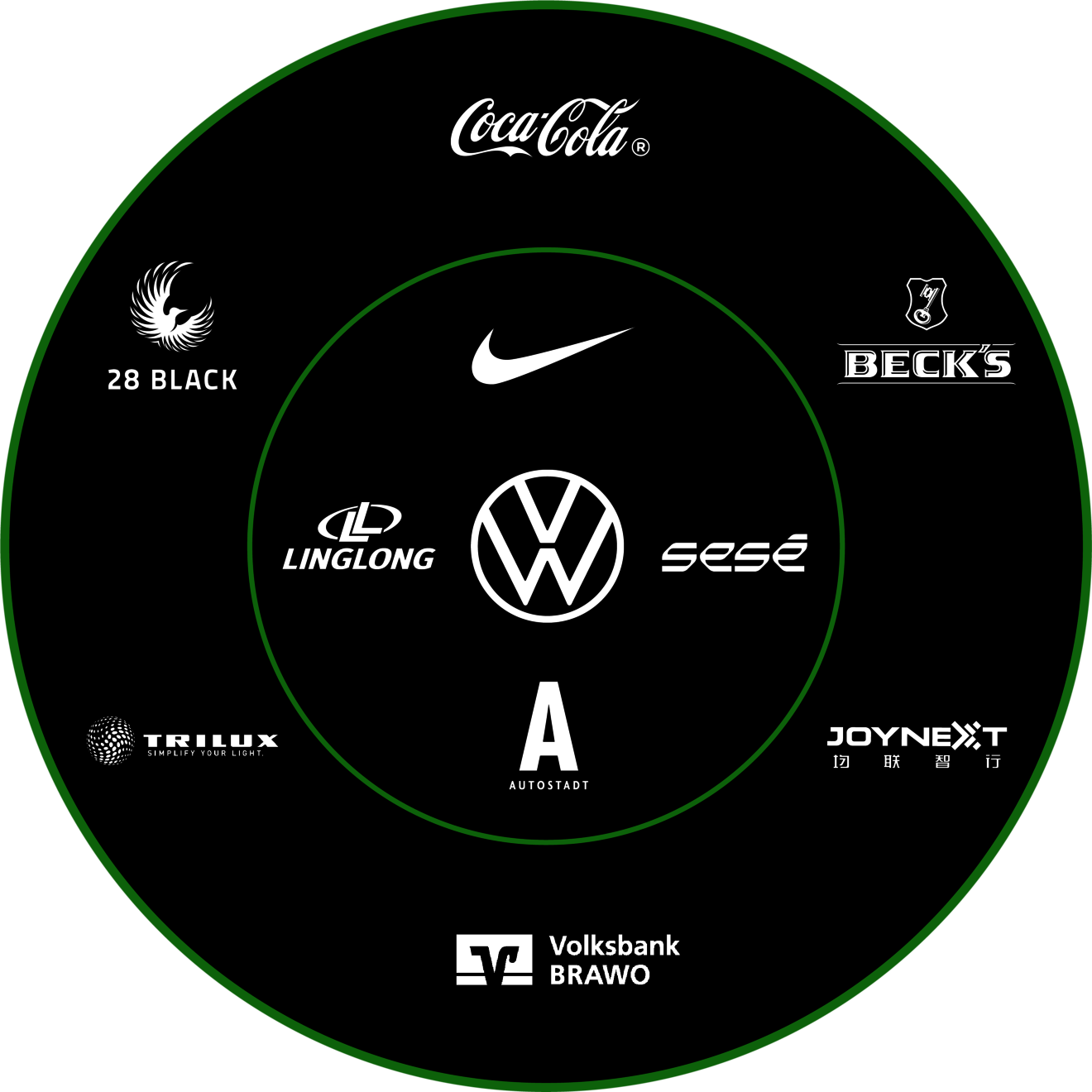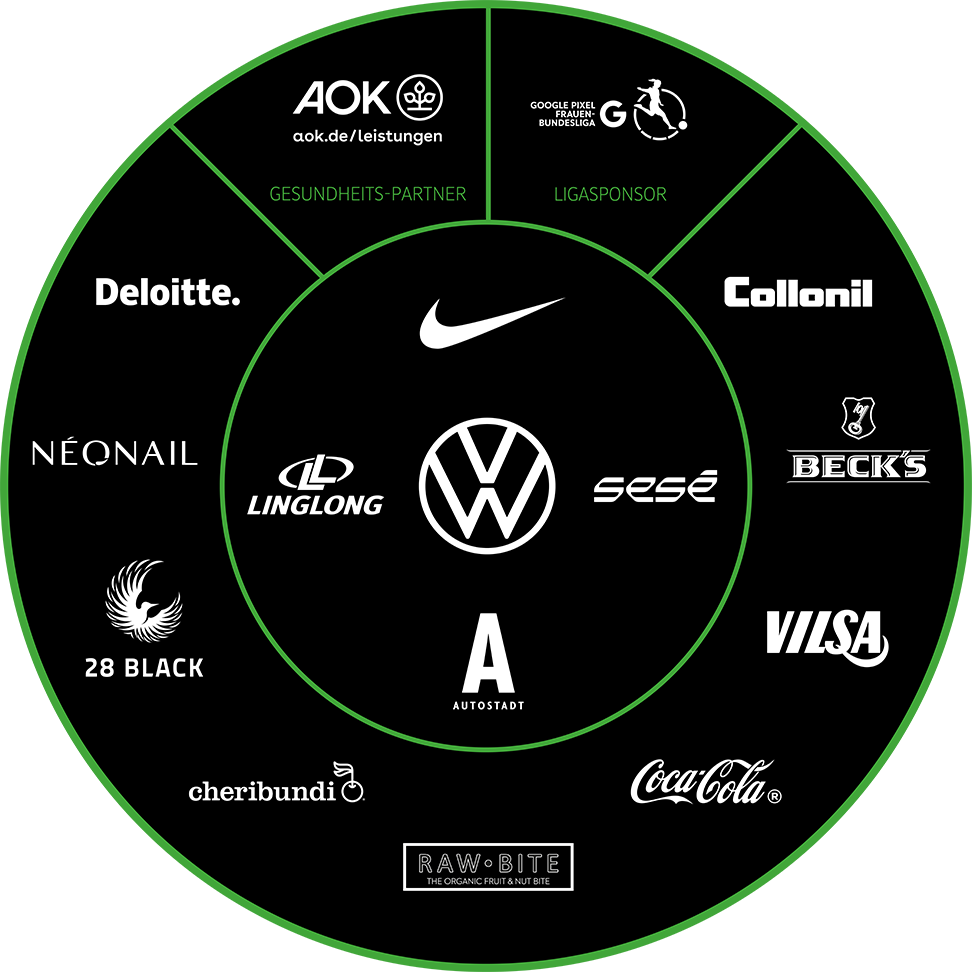Today, Monday 22 April, is Earth Day 2024, with this year’s motto being “Planet vs. Plastics”. VfL Wolfsburg are intending to use this important day to create awareness of how valuable our planet is, and the fact that we still have plenty to do if we are to tackle climate change.
As such, the club is taking concrete steps and finding new ways to overcome the problem created by plastics, and these measures have seen the club finish third in the ESSMA Stadium Industry Awards in the “Sustainability” category. The Green-and-White’s “Microplastics filter” project, run in cooperation with Berlin-based start-up company Guppyfriend, impressed the jury to the extent that they won the prestigious award.
Filters for the environment
The Wolves are taking a diverse approach to limiting the pollution caused by microplastics. The filter, specially designed by Guppyfriend, reduces the amount of artificial pellets on hybrid pitches and is also used for washing training kit and jerseys, to minimise risks to the environment and to health, with around 90 per cent of the microplastics that are released not ending up in the waste-water system.
“Our microplastics reduction initiative is an innovative and comprehensive approach to lessening the amount of microplastics and underscores the club’s commitment to sustainability and environmental protection,” said Nico Briskorn, head of Corporate Social Responsibility. “In August 2023, VfL was the first German football club to sign up to the ‘Sport for Nature‘ initiative. Our microplastics reduction concept is in accordance with the club’s biodiversity initiative and underlines VfL Wolfsburg’s commitment to comprehensive ecological sustainability measures.”
Microplastics enter the environment by sticking to clothing and shoes, and are also carried via wind and rain, and these chemically polluted particles even end up in the food chain. According to a study carried out by the Fraunhofer Institute, an artificial pitch loses on average almost three tonnes a year in synthetic filling material alone.
At VfL Wolfsburg however, since the new project has been undertaken, 500 kilogrammes of pellets have been caught by the filters that have been installed. The pellets that have been collected are then sorted from foliage and foreign bodies and can then be returned to the pitch, enabling the club to make an important contribution to a cleaner ecosystem.
![[Translate to EN:] [Translate to EN:] [Translate to EN:]](https://static-typo3.vfl-wolfsburg.de/Partner/Logos/VW-Dark.svg)

![[Translate to EN:] [Translate to EN:] [Translate to EN:]](https://static-typo3.vfl-wolfsburg.de/Partner/Logos/LingLong-Dark.svg)
